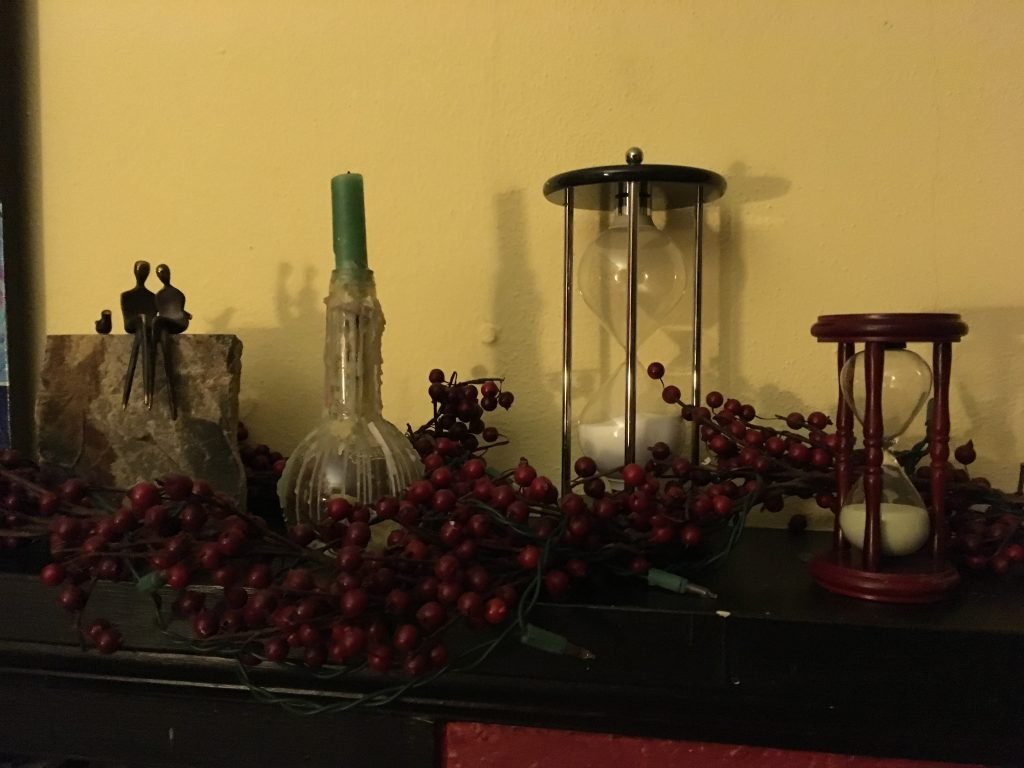The Magic of Timers
My sister swears that every time she started messing around during her piano practice time as a child, our mother would restart the timer. I have no memories of timers and piano practice, but then I was the oldest child, while Beth is number four. Instead of a timer, Momma sat with me every minute I practiced, allowing for no unfocused fiddling and providing the tough love accountability of her presence. That Momma might have resorted to timers by the time Beth was practicing isn’t a surprise, however. With six children, there would have been only so much practicing our little mother could monitor.
As a teacher, I have always preferred the idea of task practicing (practicing through a series of specific tasks: Scales, chords, sight-reading, ear-tune, repertoire) to timed practicing (just practice for 30 minutes), wanting to teach students to work effectively and efficiently rather than just filling minutes. Stubbornly, I stood by this principle for years. Sometimes I am the slowest student of all. Because the reality is, principles aside, there are too many students who are so “efficient” with their practicing that they can rip through my entire assignment in ten minutes. When I learn of this from a parent who innocently asks, “Shouldn’t Sally’s practicing take longer than eight minutes?” I am always puzzled. This is the same list of assignments that take at least forty-five minutes to work through in her lesson. Clearly, I must be the slow piece of the equation.
Turns out, once I got off my principled high horse, I love the timer. Some years ago, a friend gave me a beautiful set of hourglasses with silently falling sand, an hourglass being a gentle, old-school version of a timer. These days I meditate with my twenty-minute hourglass. I coax students into working on a single problem spot with the three-minute timer. I pull weeds with the thirty-minute hourglass by my side. I can persuade myself to do almost anything if I know there is a defined end to the task. After all ten minutes of even the most dreaded job doesn’t sound that bad. I can do anything for ten minutes—clean the bathroom, address Christmas cards, turn the compost pile, tackle the dishes in the sink. Often once I start the unpleasant task, I forget all about the timer and am surprised to finally notice the pile of sand quietly sitting at the bottom of the hourglass.
Several research studies have suggested that it isn’t just the quality of practice that matters; quantity of time with our instruments is important too. Students who have more playing time—in ensembles, in ad hoc garage bands, in individual practice—are students who achieve greater fluency and technique on their instruments. In other words, time does matter. Kids who are required to put in a certain number of practice minutes—efficient or not—may very well mess around some, but if that messing around is done on the piano, it is not completely wasted time.
And so, these days I hedge my answer to the question, “Should Molly use a timer in her practicing?” The answer is both yes and no, reminding me again that there is no one way to approach our practice. If solid practice techniques are established, then the quality of our work is better. This is an undisputed good thing. But negotiating a minimum amount of practice time is helpful as well. (I will tackle the weeds for at least ten minutes. I will sit and meditate for twenty minutes. I will work on this thorny technical spot for the next five minutes.) Timers push us along and make the task at hand seem less overwhelming, while also giving us the accountability as to how much time we are actually at work. Maybe, just maybe, we might even become so engrossed in our practice that we won’t notice the minutes passing.
What Beth fails to point out when she tells her tale of childhood practicing woe is that she is now a professional musician who loves to practice. True, she is a jazz musician, which means her musical life is one intentional mess-around session, but even so, let’s give credit where credit is due: Momma must have, once again, been onto something.
